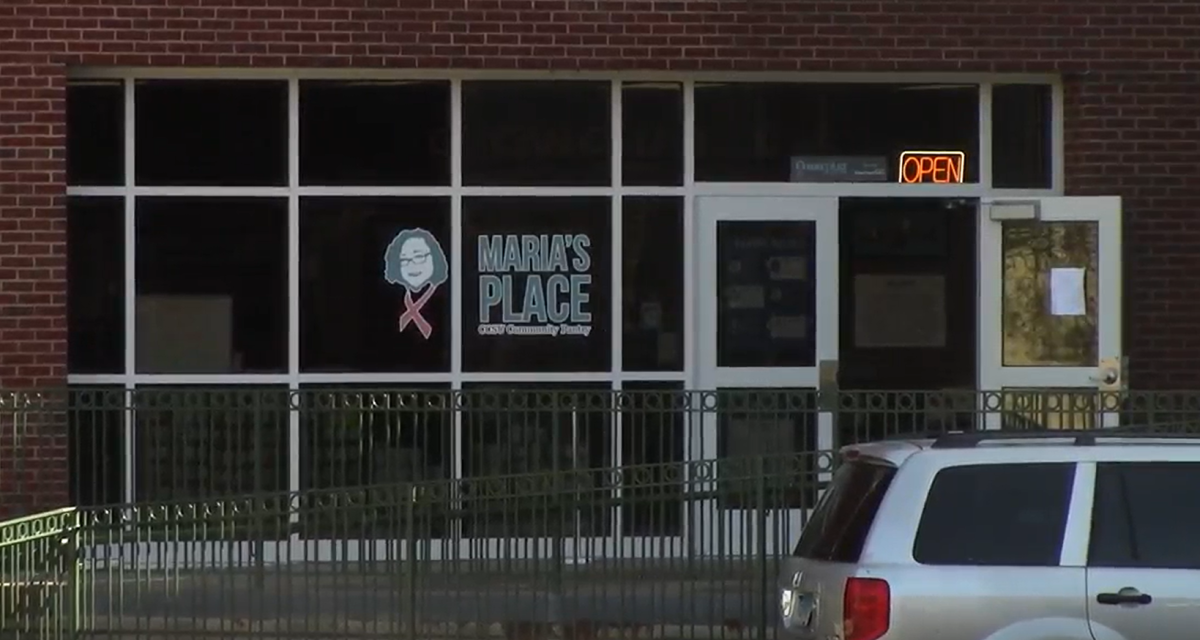The Faculty Senate voted to endorse a three-resolution plan presented by the Committee on Academic Advising regarding priority registration and the use of registration personal identification numbers for new students at its meeting on Monday, April 1.
The proposed plan requires that academic advisors be notified when students become eligible for priority registration and that new students meet with their academic advisor to obtain a PIN to register.
Eugena Givens, a criminology and criminal justice professor and member of the Committee on Academic Advising, said that the proposal includes first-year college students and students transferring into the university. However, only students entering their first year of college must obtain a registration PIN before registering for their second semester at the university.
“The committee would like to extend this requirement only for students in their first year at the university, so brand new freshmen, not the transfer folks, that in addition to meeting with an academic advisor prior to registering for their first semester, we are supporting that they meet with an academic advisor during their first semester in preparation for their second semester,” Givens said.
With the senate’s endorsement of the proposal, it will now be presented to President Zulma Toro.
In other business, the senate voted down a proposal by the Academic Standards Committee to lower the number of residency credits needed by transfer students to graduate with honors from 60 to 30 credits.
There were concerns about the fairness of the proposal.
Robbin Smith, a member of the senate and chair of the Department of Political Science, said she has seen both sides of the issue.
“We have talked about this considerably. We get so many community college students who are coming over with like 62 credits, then they do 58 here, and they don’t get honors, and they don’t understand why, so I understand the impetus for this,” Smith said. “I also know the other side of students who are here for four years and have a miserable first year … then they’re sort of digging out of that hole for their remaining three years, and they won’t make honors.”
Alicia Bray, a senator from the biology department, said that she agrees with Smith and that it is unfair to students who attended the university for four years.
“It is kind of unfair for our students who have been here for four years. They don’t come in with a clean slate, so being able to earn honors with just a single year at this university, I don’t necessarily think they earned the honors with just 30 credits,” she said.
The senate referred the proposal back to the Academic Standards Committee for further review and revision. It will be presented again at a later date.
The Academic Standards Committee was able to get two other proposals approved by the senate, including reducing the requirements from 12 to 9 credits to allow part-time students the opportunity to be eligible for the dean’s list and president’s list, a proposal to standardize the process for students who wish the get a second undergraduate degree from the university and an accelerated nursing program proposal that will waive general education requirements for nursing students who come into the university already with a bachelor’s degree.



